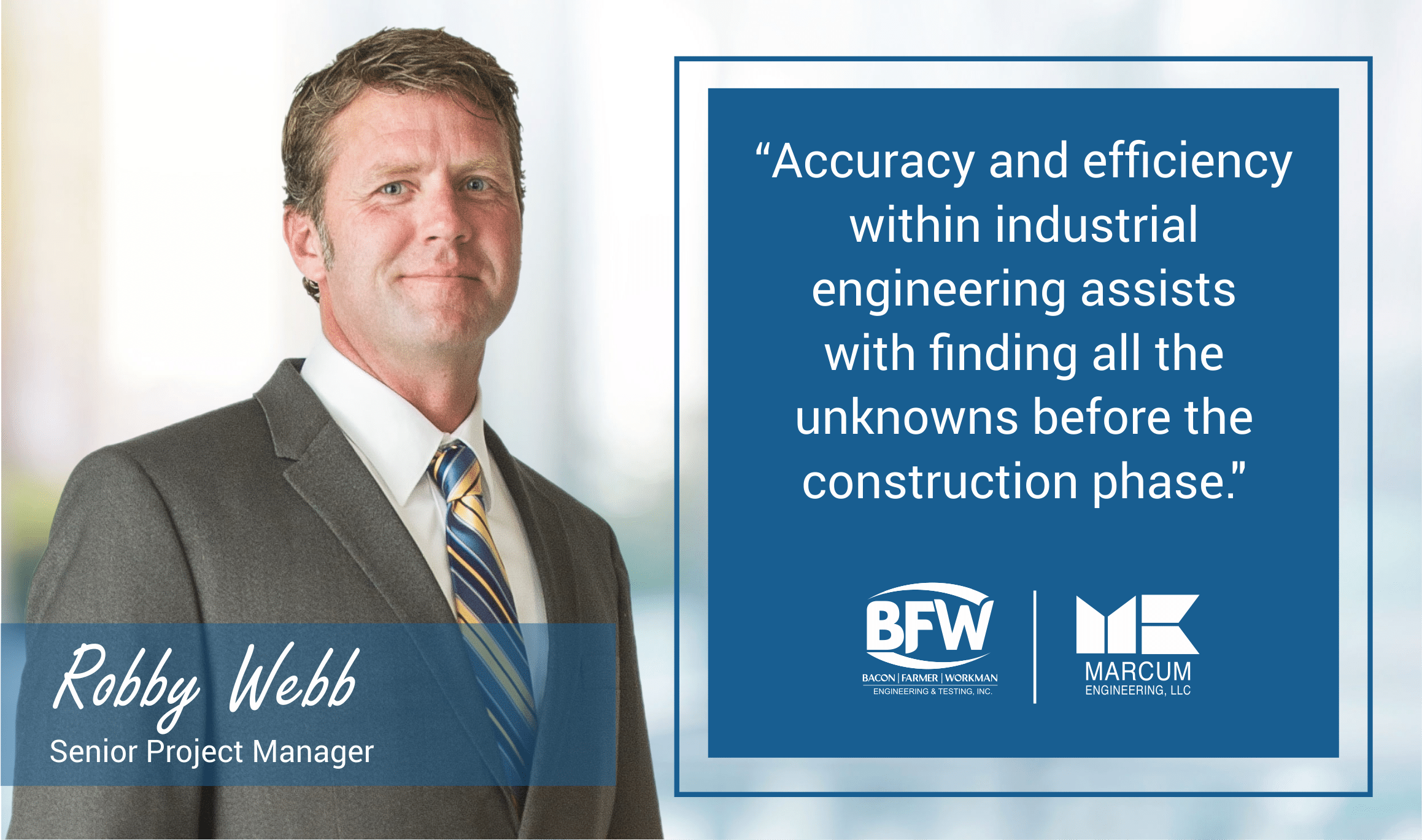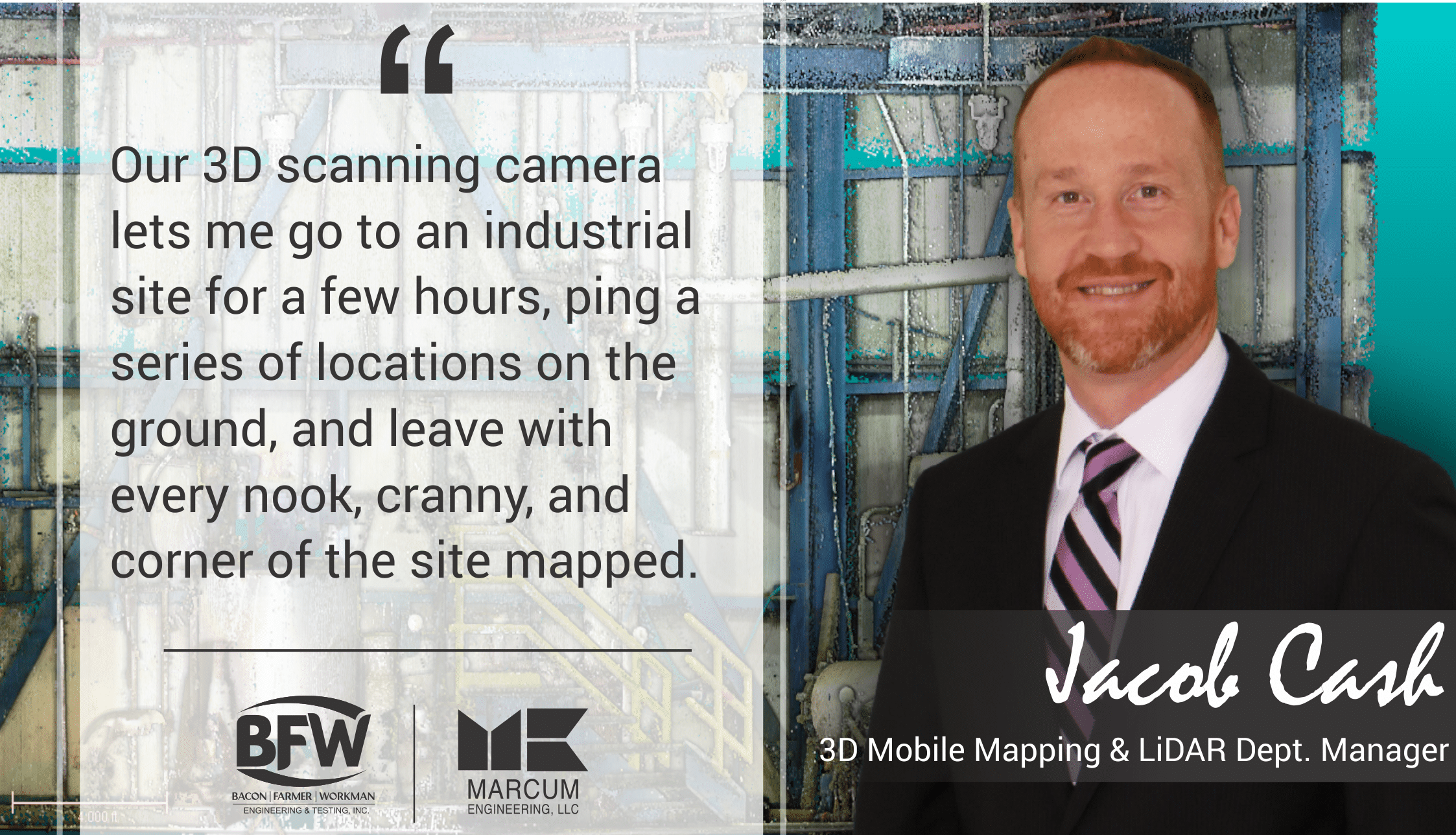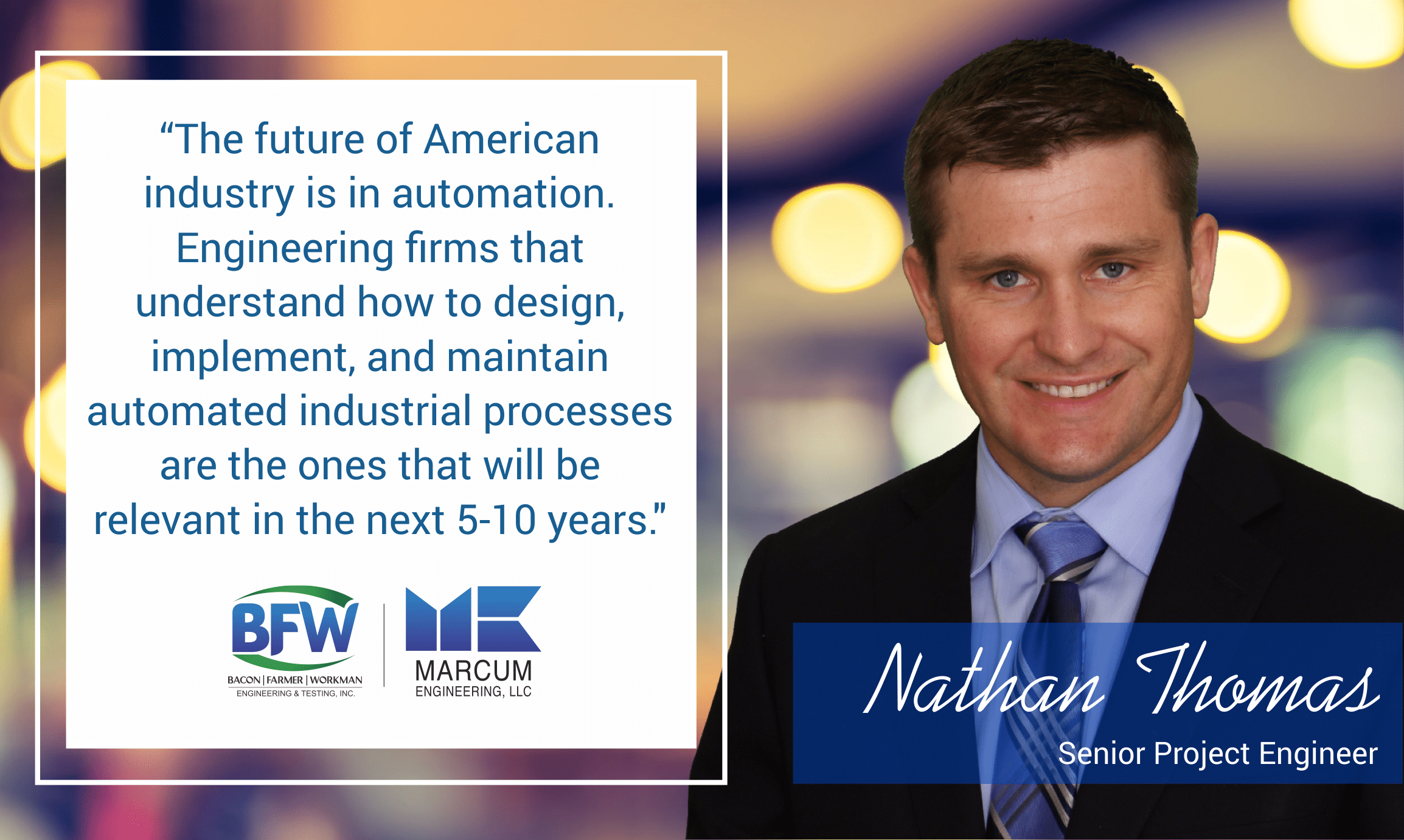Simply Complicated; This is How We Do Industrial
Industrial engineering might seem like something on the fringe to many; it evokes images of smoke stacks and refineries on the outskirts of towns. However, industrial engineering is a part of almost every production process in existence from the chemical processing of consumer goods, to the production of processed food and beverages, and even the automotive industry.
In reality, industrial engineering defines a process more than it describes an expertise. In our industry, an industrial engineer is responsible for optimizing complicated processes by integrating systems that are tailored to a client’s specific needs. To put it simply, industrial engineers make the incredibly complicated simple and workable, even to the techs and floor workers that have no engineering experience of their own.
The amount of expertise that goes into industrial engineering is extensive. As Albert Einstein famously said, “If you can’t explain something simply, you don’t understand it well enough.” We’re lucky to have an expansive team of industrial engineers that can do just that; make things simpler for all of us.
Our 3-Principle Approach to Industrial Engineering
Our Senior Project Manager, Robby Webb, thinks our turn-key approach to client needs is what makes our industrial engineering department so valuable. He and the rest of the industrial team work with clients and their specific workflows to make processes that just work. He believes this formula for success is made up of 3 essential qualities:
Safety & Focus (or the importance of building safety into your designs, from the ground up): Industrial facilities have many moving parts and in that environment, it’s easy to lose sight of safety and focus. You can’t have one without the other. Robby’s job as an industrial engineer is to not only follow that philosophy but build it into his designs. He’s constantly asking himself the questions “Does this environment promote safety? Is anything about it distracting?” His plans, once executed, need to benefit the people that work in those environments while promoting a productive workflow.
Accuracy & Efficiency (or doing something right the first time): Robby puts it best, “Accuracy and efficiency within industrial engineering assists with finding all the unknowns before the construction phase. We see the practice every day of performing construction without an engineering design. Many unknowns and oversights are often exposed after the fact to this protocol which leads to higher costs in the long run.”

Relationship Building (or finding collaborative energy with your clients): Having a healthy relationship with your clients is universal but is doubly important in a high-stakes industrial setting. Not only does it ensure the success of your project but it ensures that you exceed the initial expectations set forth. Most of all, it requires you to listen to your client and understand their exact needs. Synergy with everyone involved will always improve the end product.
We Offer an Expansive List of Industrial Engineering Services
We’re always innovating in what we can provide our clients. Currently, we offer the following industrial engineering services:
- Chemical Processing
- Food Processing
- Power Generation
- Plastics Processing
- Fresh Water Processing
- Wastewater Processing
- Automotive & Equipment Manufacturing
- Bulk Handling
- Steam Systems
Automation & 3D Scanner: Two Sides of the Future of Industrial Engineering
We talked to two other BFW/Marcum employees that are heavily involved in our industrial engineering department. Jacob Cash, 3D Mobile Mapping & LiDAR Dept. Manager, is most excited about our firm’s integration of 3D mapping and LiDAR into our industrial projects.
“If a picture is worth a thousand words, then a 3D scan is worth about a billion.” Jacob is not one to mince words when it comes to the benefits of this technology in the industrial setting.

“To put it simply, our 3D scanning camera lets me go to an industrial site for a few hours, ping a series of locations on the ground, and leave with every nook, cranny, and corner of the site mapped. From there, our client can design and model over our 3D scan.
What this allows us to do is visit a site once, have minimal disruption to the site’s production, and then be able to ‘visit’ the site via a computer-generated photorealistic render without ever stepping foot on the property again.”
This advantage is huge when it comes to industrial engineering. One of the largest hurdles in that industry is allowing someone that isn’t part of production on-site. It gets in the way, slows or stops work, and increases the chance of an accident. With 3D scanning, we eliminate that sore point.
We asked Nathan Thomas, Senior Project Engineer, a similar question. What are you doing right now for industrial engineering that many other firms aren’t? His answer was clear.
“I’m most excited about how much we’re focusing on power systems analysis and automation programming capabilities. The future of American industry is in automation; it’s already here and growing every day. Engineering firms that understand how to design, implement, and maintain automated industrial processes are the ones that will be relevant in the next 5-10 years. We’re well ahead of the curve and it’s where a lot of my attention is.”

Between our investment and use of 3D scanning technology and our growing expertise in automated industrial processes, we’re not just leading the way for a new era of Industrial Engineer. No, we’re helping to make it safer than it ever has been. We can measure the angle of the slant of a problematic wall at a petrochemical plant in another state through a perfectly rendered image produced by our 3D scanner. We’re also pioneers in automated workflows, making industrial sites safer and more efficient. These investments in the future are a win-win.
Refining the Old, Defining the New
Our industrial engineering team has their work cut out for them. Yet, as our technology changes, our principles remain the same. Robby, Jacob, and Nathan are just three of the people on our team invested in refining the old and defining the new.
At the end of the day, we see our industrial engineers as the true problem solvers of the firm. Their focus is distinct from the rest of our services; many of the systems our industrial division focuses on already work. Their job isn’t to connect A, B, and C. Instead, they take a fine-toothed comb to the process from A to C and ask the question, “How can we eliminate B?”.
Industrial engineers ask the hard questions, the ones that many are afraid to ask. Luckily, our in-house team has plenty of people like Robby, Nathan, and Jacob; engineers that strive to serve a larger purpose and aren’t simply happy at “good enough.”

Recent Comments